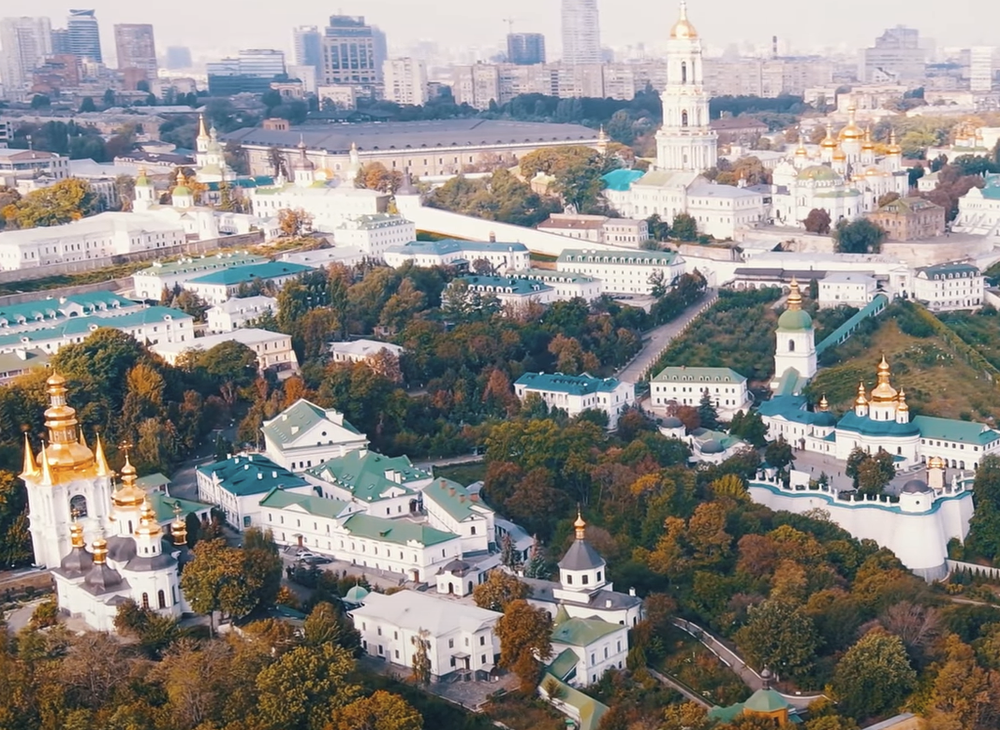Ask faithful members of Eastern Orthodox churches to name the most important day of the Christian year and about 99.9% of them will say this — “Pascha.”
This is the ancient Orthodox term for the feast of the Resurrection of Jesus. As the OrthodoxWiki.org website notes, “Pascha” is “a transliteration of the Greek word, which is itself a transliteration of the Aramaic pascha, from the Hebrew pesach meaning Passover.”
Pascha rites around the world began just before midnight on Saturday and proceeded into the early hours of Sunday, followed by festivities to break the long, intense fast of Great Lent. Folks get home about 4 a.m.
Needless to say, this was not a normal Pascha in Ukraine. I was curious to see how mainstream newsrooms would cover the rites in the Ukraine, where two competing Orthodox bodies are united in their opposition to the Russian invasion of their land, but separated by decades of competing claims of which church represents the future of the faith in Ukraine (see this earlier post-podcast on that topic).
I was curious, as an Orthodox layman (this Pascha marked the 25th anniversary of my family’s conversion), how mainstream news organizations would cover Pascha 2023 in Ukraine — so I ran an online search for the terms Ukraine and “Pascha.” The result — zero 2023 news reports containing “Pascha.”
Ah, but what if journalists ignored Orthodox history, tradition and theology and only referred to this feast day as “Easter,” the Western Christian term?
What if your stories contained zero references to “Pascha” and only said “Easter”? That online search yielded some mainstream reports, which often mentioned “Orthodox Easter,” thus viewing the most important day in Eastern Orthodoxy through a totally Western lens. Try to imagine doing this with any other global faith group of 260 million members, Christianity’s second largest Communion. Imagine changing the name of “Passover,” “Ramadan” or even “Easter” (when covering Rome and Protestantism).
Of course, readers need to be told that “Pascha” is the ancient Christian term for the season that, in the dominant West, is known by the somewhat controversial (for some outsiders) term “Easter.” But shouldn’t coverage of Pascha at least include, you know, the word “Pascha”?
It’s hard to imagine a more fitting metaphor to describe most, if not all, of the warped mainstream press coverage of the role that Orthodox history and faith is playing in Ukraine. I have already written about this several times and I’m about to board an airplane to head to Los Angeles. So let me be as quick as possible.
If reporters had the slightest interest in the historic Ukrainian Orthodox Church — with 1,000 years of shared history with Slavic cultures — they would be paying attention to this church’s (a) ongoing attempts to sever, within the limits of Orthodox canon law, it’s remaining ties to the Russian Orthodox Church, (b) its leaders’ opposition, since Day 1, to the Russian invasion and (c) the criticisms of this church by leaders of the new, competing Orthodox Church of Ukraine, which is supported by the United States, the European Union, the current Ukrainian government and the tiny, but symbolic, Ecumenical Orthodox Patriarchate in Turkey. These criticisms have escalated into a full-tilt government attempt to crush the older Orthodox body.










